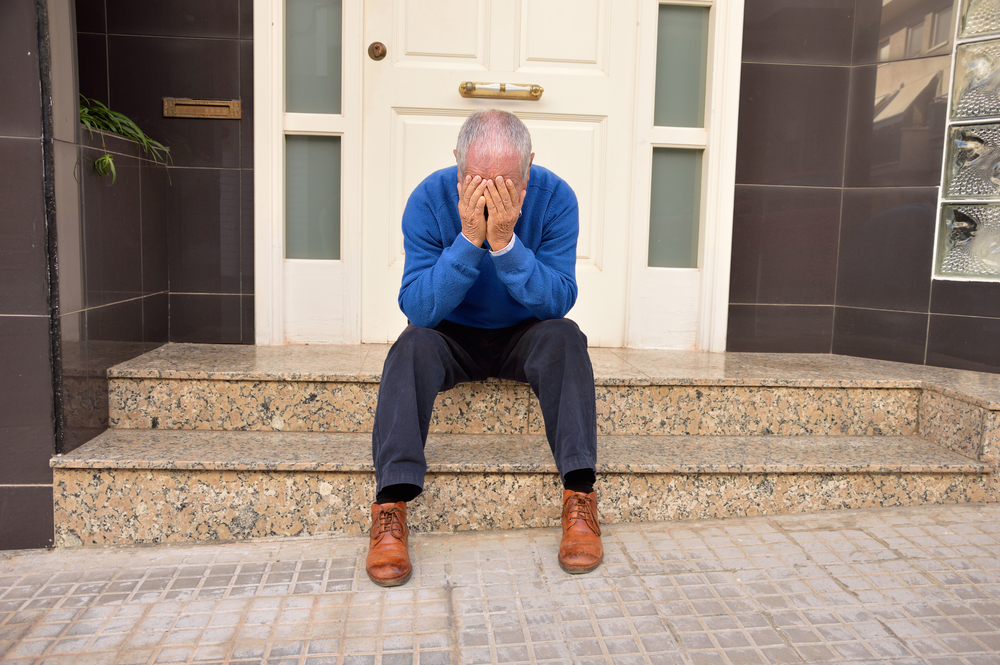
The most important thing to remember about Florida eviction laws is that it is a legal process. This must be followed at all times. Landlords cannot use “self-help” measures to evict tenants on their own. Otherwise, tenants can sue the landlord for an illegal eviction.
First, the landlord must give the tenant notice of the eviction and a request to vacate the premises. However, more must happen before the landlord can carry out the eviction. Specifically, the landlord must go to court to obtain an eviction order.
The court will not allow an eviction until the tenant has a chance to be heard. The tenant may have legal defenses why they should not be evicted. In any event, this is a matter for the court to decide. The landlord cannot change the locks or move the tenant’s possessions out into the street regardless of whether the tenant has paid the rent or followed the lease.
The judge will decide whether to grant the eviction. If they do, the court will issue a Writ of Possession that will allow the eviction to proceed. Once the court grants the eviction, the sheriff will remove the tenant, even if their belongings are still inside the apartment. The tenant has 24 hours after the court grants the eviction to move out on their own. Even with an eviction order, the landlord cannot do anything to remove the tenant without the sheriff. Eviction rules exist to protect tenants. Landlords still have the right to enforce the lease, but they must be careful.
The attorneys at Naples & Spence represent both landlords and tenants in disputes, and we can help in an eviction lawsuit. Call us today at (904) 478-8964 or contact us online to discuss your matter.